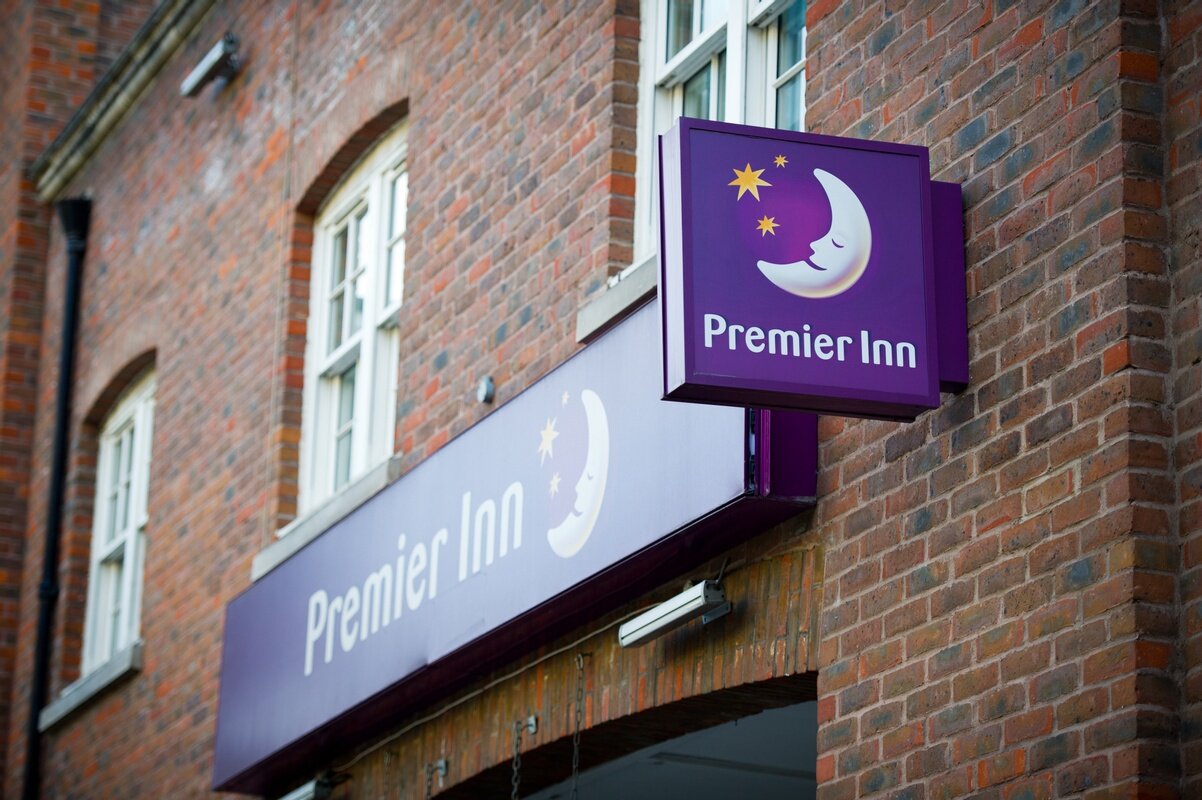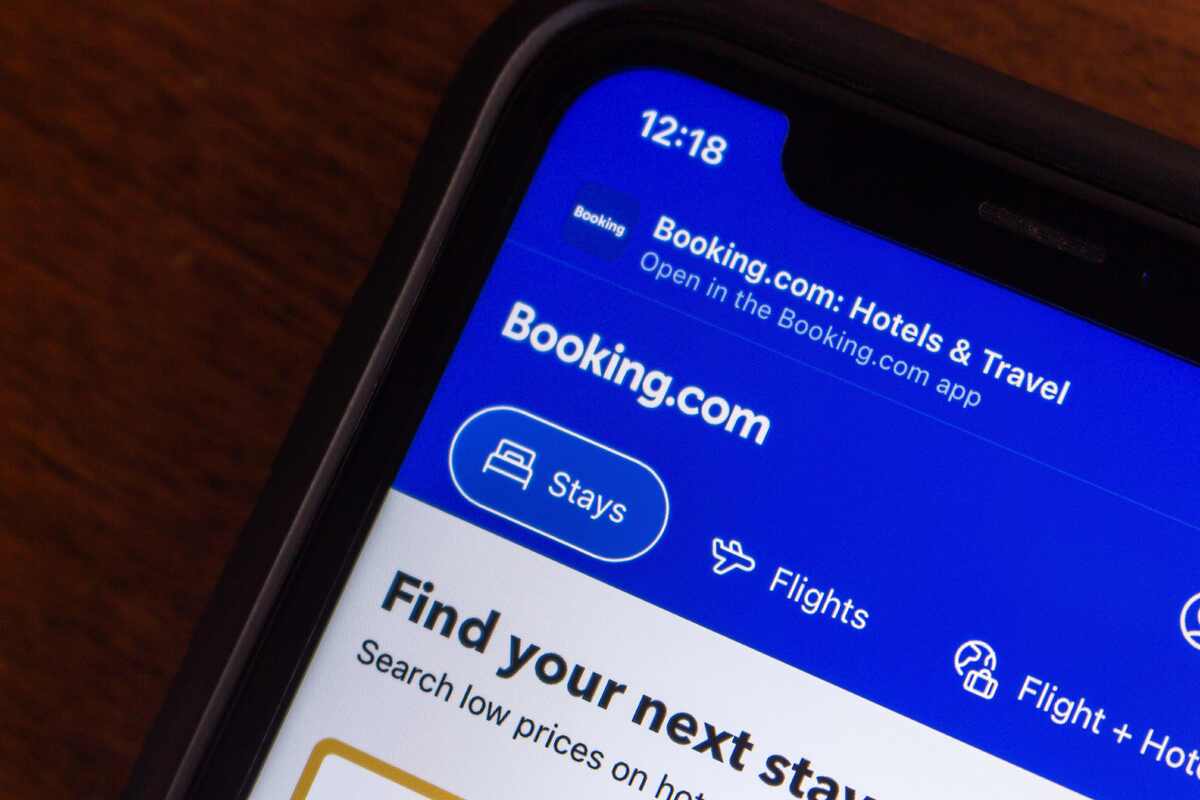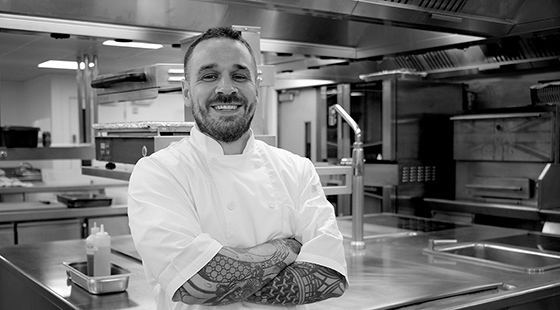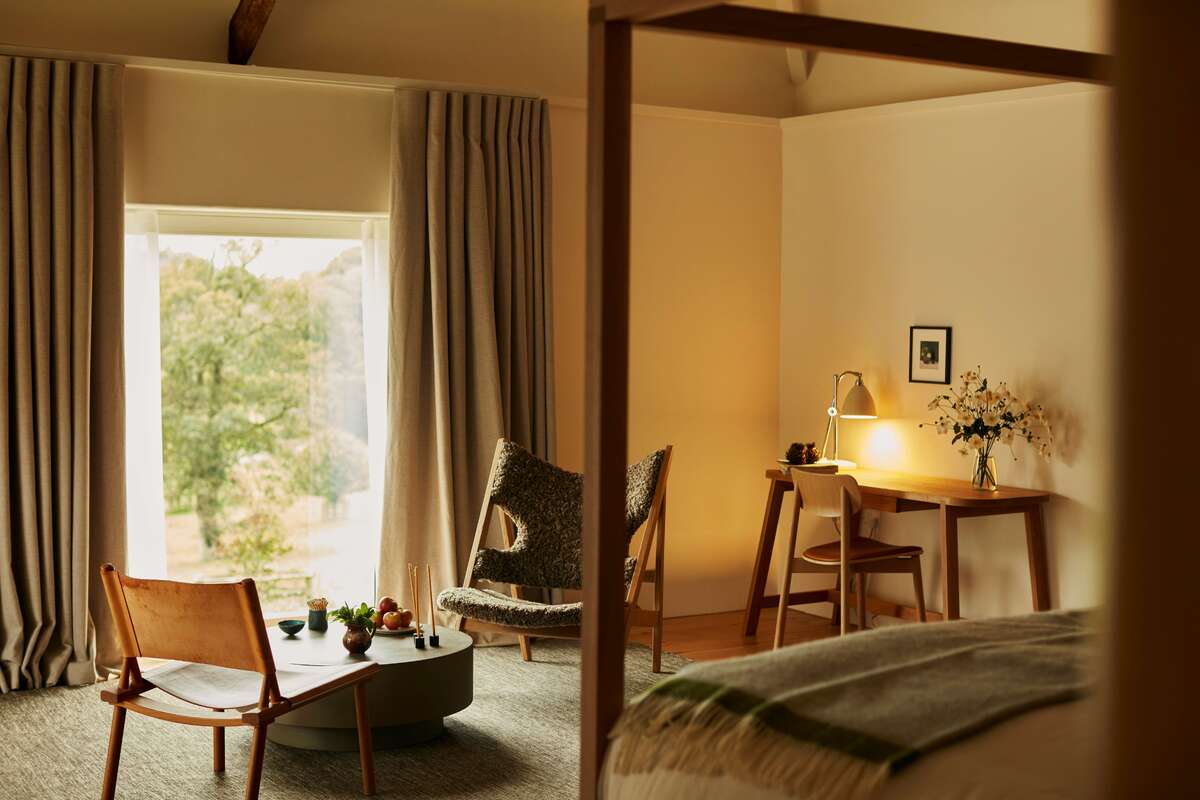Premier Inn owner looks to 2022 recovery as losses narrow
Premier Inn owner Whitbread has said UK like-for-like revenue per available room (revpar) could fully recover at some point in 2022 as it reported a £56.6m pre-tax loss for the first half of its 2022 financial year, compared to £367.4m the prior year.
Whitbread said trading was “ahead of expectations” with recovery in UK demand “very strong”. The group said leisure demand remained strong in the UK into the second half of the year, with business demand improving, resulting in September total accommodation sales up 9.7% against the 2020 financial year.
Statutory revenues for the first half of the 2022 financial year were 39% down to £661.6m compared to the 2020 financial year due to Covid-19 restrictions.
Whitbread chief executive Alison Brittain said: “While some uncertainty remains over the speed and timing of the market recovery for office-based and international demand and the evolution of the pandemic in the winter months, we believe that UK like-for-like revpar run rates have the potential to reach full recovery in at some point during 2022.
“The operating environment during the summer and into autumn has been challenging largely as a result of our very high occupancy levels, market-wide supply chain issues and a tighter labour supply in the hospitality sector. Although we are not immune from these challenges, we are well placed to respond.
"Our £100m efficiency programme is well under way and we are ‘investing to win’ in our teams, our hotels and our marketing, in order to continue to grow our market share as demand recovers and as our competitors continue to be under pressure.”
In its results the group gave a target of 110,000 rooms in the UK, of which it currently has an estate of more than 80,000 rooms and a pipeline of almost 10,000 rooms, with around 3,000 new rooms opening each year. Whitbread described its balance sheet as strong, with net cash of £60.2m and accessible cash of £1,144.7m at the end of the first half of the financial year. Whitbread owns around 60% of its hotel estate with the remaining 40% operated as leasehold.
In the UK regions, second quarter total accommodation sales were almost fully recovered to pre-Covid levels (0.2% behind the same period in the 2020 financial year) and were 18.1% ahead of 2020 in August.
The London market has lagged the regions as a result of low inbound international travel and subdued business commuting, however trends improved during July and August, with London’s total accommodation sales in the second quarter down 43.5% versus 2020 and down 21.4% in August.
For the seven weeks to 14 October 2021, total UK sales were 1.3% ahead of the same period in 2020, with total accommodation sales 7.9% ahead and occupancy at 81.2%. Total UK food and beverage sales were 11.5% down on the same period in 2020.
The group has suffered similar labour shortages being seen across the industry, particularly in tourist locations and London, with a “material number of vacancies” unfilled after having made around 1,500 redundancies during the pandemic last year. A boost to pay rates to attract and retain talent is estimated to cost the business around £12m-13m for the year on top of a £10m one-off summer retention bonus for hotel and restaurant staff.
Whitbread also said it will be investing £20m in marketing and refurbishments to ensure its growth and market share gains continue.
Photo: Shutterstock


















